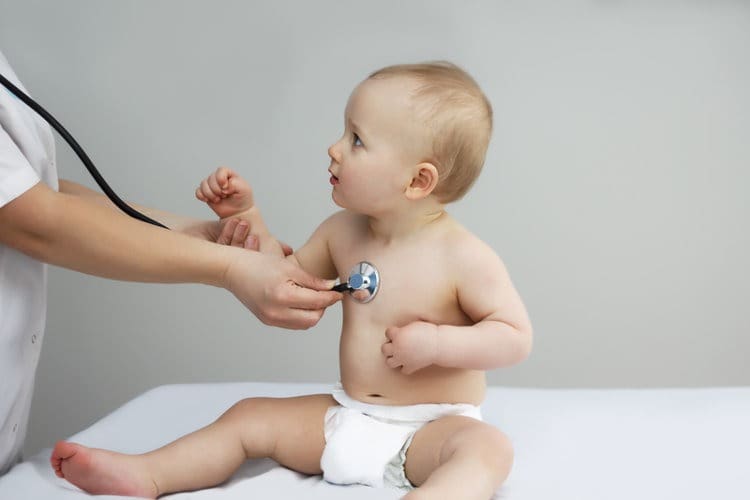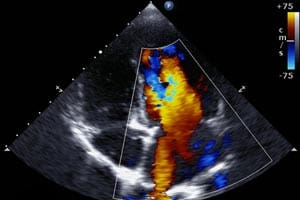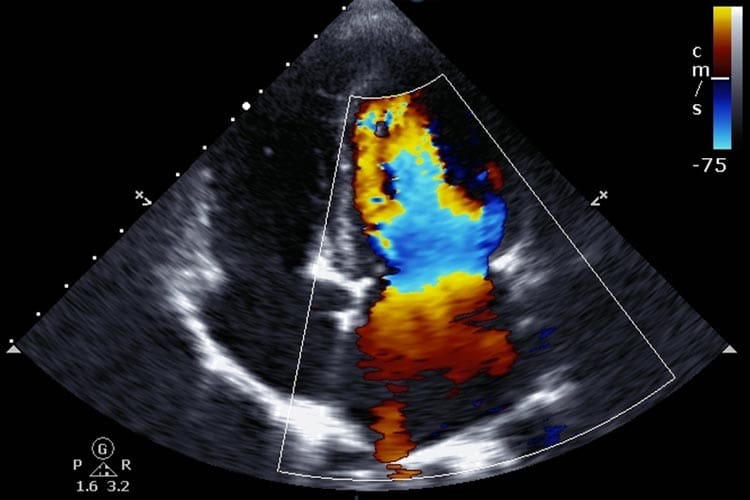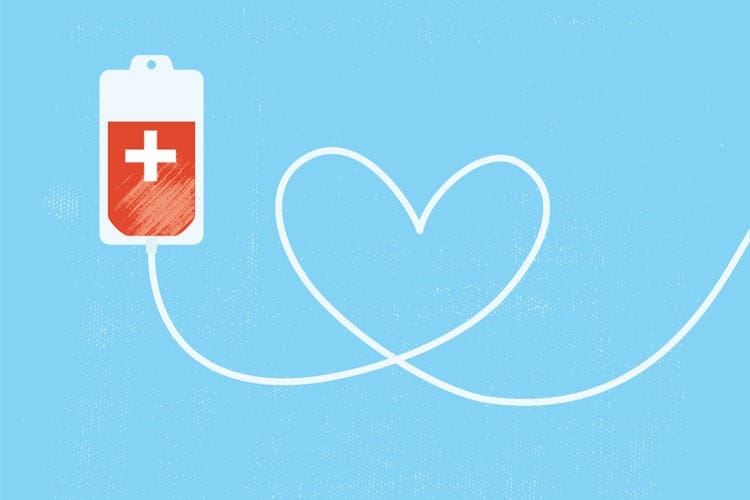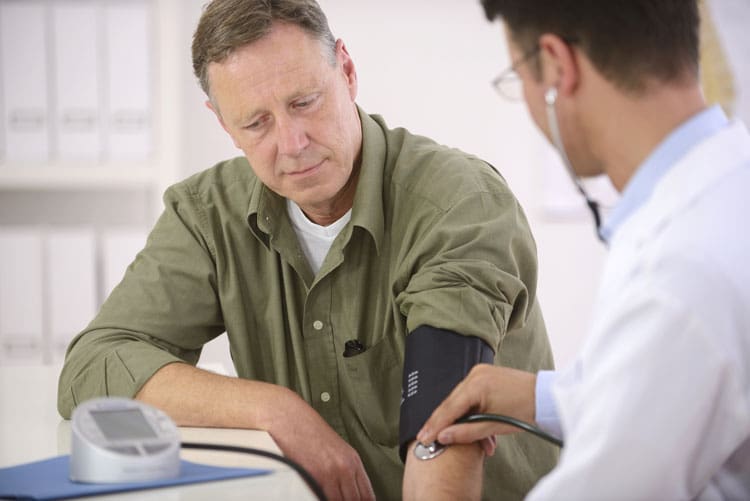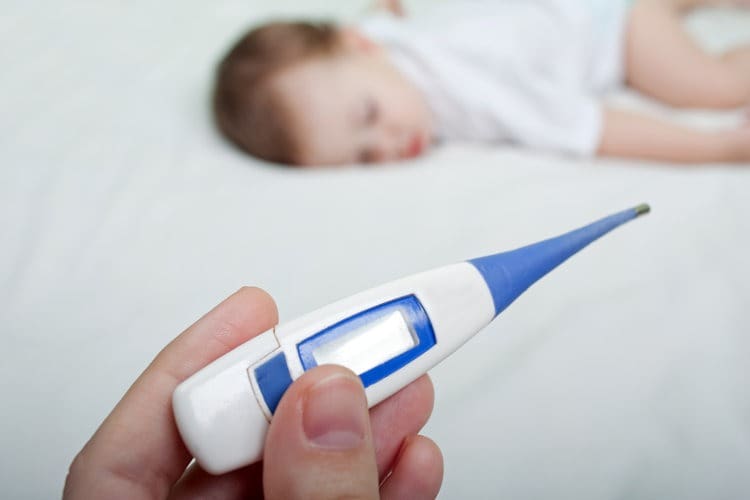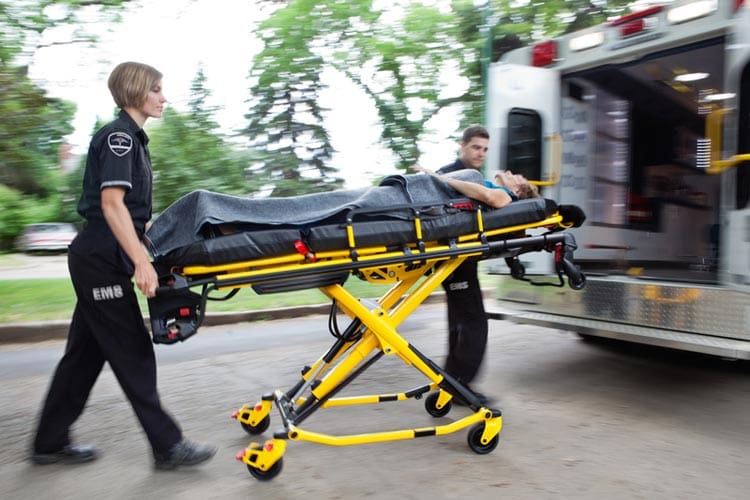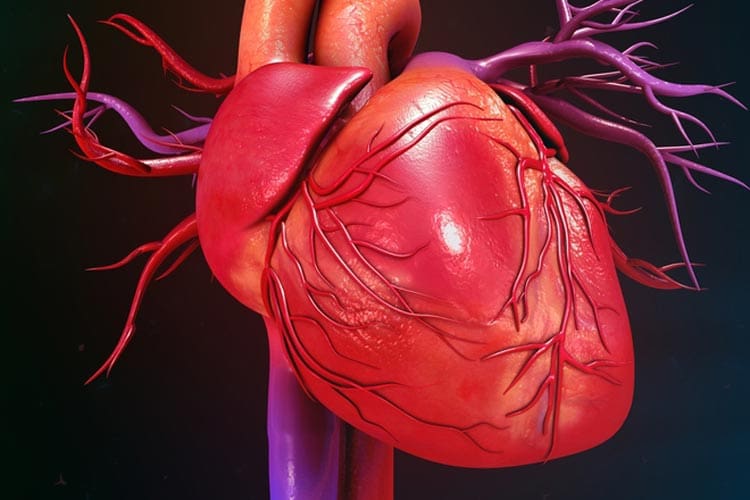Congenital heart defects are problems with the structure of the heart that are present from birth. The defects develop during pregnancy. In Australia, as many as one baby in 100 is born with a heart defect.
Heart Attacks and Strokes
Pulmonary hypertension
Pulmonary hypertension is a condition where the blood pressure in the pulmonary arteries (vessels that carry blood from the heart to the lungs) is higher than normal, putting a strain on the right side of the heart.
Cardiomyopathy
Cardiomyopathy – disease of the heart muscle – can affect adults and children. Damage to the heart muscle can lead to heart failure and dangerous irregular heart rhythms in some people.
Blood donations
Are you eligible to donate blood? What are blood donations used for? What happens during a blood transfusion? Answers to common questions about blood donations and transfusions.
Low blood pressure
Low blood pressure (hypotension) can have many causes, including diet, medication or an underlying health condition. Treatment depends on the cause.
High blood pressure should be treated
Having hypertension (high blood pressure) increases your risk of serious conditions such as stroke and heart attack. Find out when to have your blood pressure checked and what to do if yours is high.
Kawasaki disease
Kawasaki disease is a childhood illness that causes inflammation of the blood vessels (vasculitis) and a high fever. Most children make a full recovery, but some develop heart problems.
First aid for stroke
First aid for stroke and what to do when someone is having a stroke.
Heart: how your heart pumps blood around your body
See our diagram showing how your heart pumps blood to the organs and tissues of your body.
Atrial fibrillation
Atrial fibrillation (AF) is a common type of heart rhythm disorder. It is characterised by a rapid and irregular heartbeat and can increase the risk of stroke.

